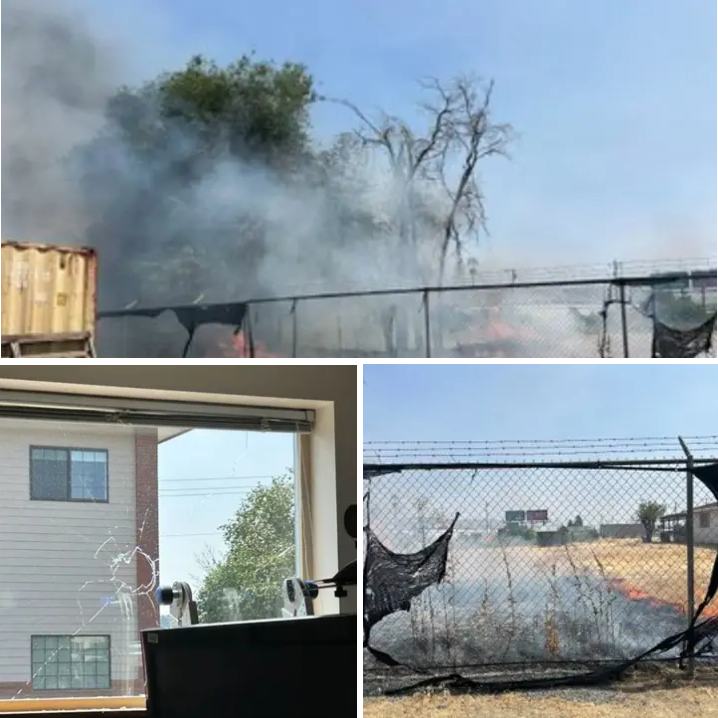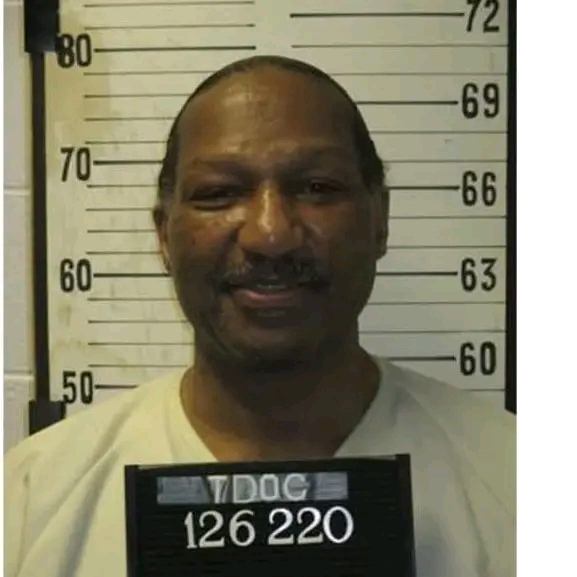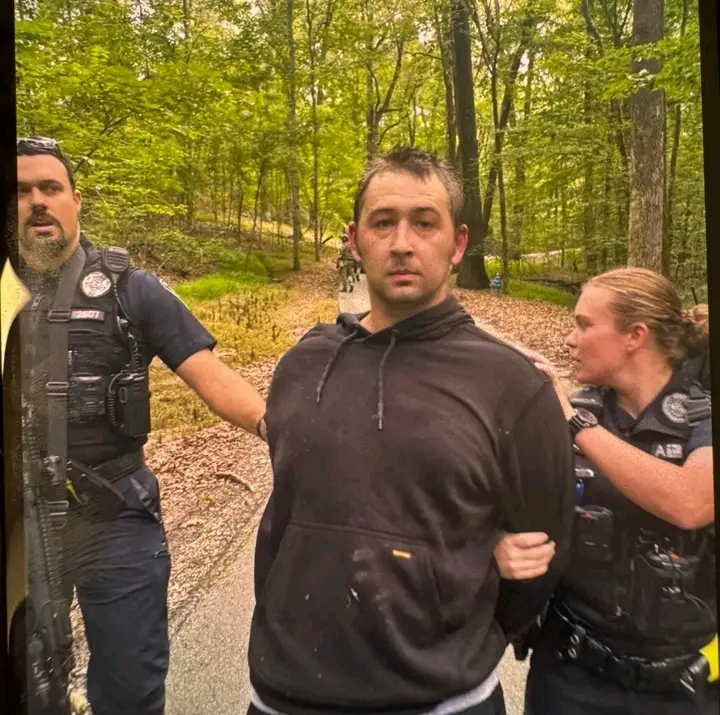In an unforgettable courtroom moment, Yolanda Tinajero offered an extraordinary gesture of grace and empathy. Her brother had been among the 23 victims in the horrific 2019 mass shooting at a Walmart in El Paso, a tragedy that left deep scars across the community. Yet, when given the chance to speak directly to the man responsible—whose violent actions were fueled by racism—Yolanda did not respond with hatred or vengeance. Instead, she chose to offer him forgiveness, expressing a profound and sincere wish to one day embrace him. Her emotional words reflected not only personal strength but also a deep spiritual conviction that forgiveness can break cycles of pain.
In a surprising and deeply moving turn of events, the judge allowed Yolanda to voice her sentiments during the proceedings. It’s rare in such cases for a courtroom to witness such raw vulnerability and strength simultaneously. Her actions stood in stark contrast to the hatred that led to the shooting, offering a quiet yet powerful message: that love and compassion can rise from even the most devastating circumstances. Yolanda’s decision wasn’t just a personal act of grace—it became a public statement that healing is possible, even in the aftermath of senseless violence.
Reflecting on Yolanda’s words, one can’t help but think about how individuals process grief and loss differently. Her response was not a denial of the pain or an excusal of the crime, but rather a deeply personal choice rooted in her own beliefs. The path of forgiveness, especially in the face of such a grievous loss, is rarely straightforward or easy. Yet her choice invites others to consider the weight of mercy and the power it holds in the healing process. This act challenges conventional responses to tragedy and encourages a deeper exploration of what justice and closure truly mean.
The story also calls to mind lyrics from a song by country artist Daron Norwood, “In God We Trust.” A poignant line from the song asks a haunting question: “If a gun took the one that has your blood, would you get down on your knees?” This line echoes the profound internal struggle one might face when grief meets faith. Would a person be able to find solace in their reflection, or fall into despair? For many, this line captures the essence of the conflict between vengeance and faith—between pain and the hope of redemption.
Yolanda’s example offers more than a fleeting moment of kindness—it provides a lasting lesson in humanity. In a world often overwhelmed by division and fear, her words and actions stand as a quiet revolution of the heart. Her story invites us not only to reflect on how we respond to hate, but also to question what kind of legacy we choose to build in its aftermath.



